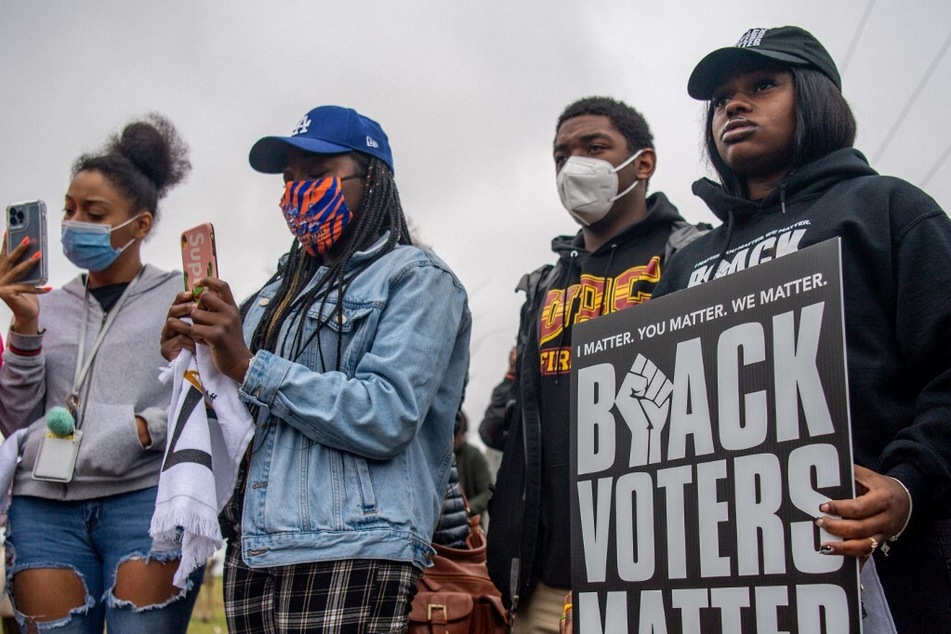Mississippi's Jim Crow-era voting law upheld by appeals court
New Orleans, Louisiana - A US appeals court upheld Mississippi's Jim Crow-era voting law that was written to stop Black people from voting.

The Fifth Circuit Court of Appeals on Wednesday voted 10-7 against two men who sued after they were disenfranchised on forgery and embezzlement convictions.
Roy Harness and Kamal Karriem argued that the outdated, racist law should no longer apply.
The appeals court rejected that argument, saying that while "it is uncontroverted that the state constitutional convention was steeped in racism and that 'the state was motivated by a desire to discriminate against blacks,'" the law had been modified during the Civil Rights movement and therefore should still apply, CNN reported.
The law was originally written in 1890 and prevented people convicted of certain crimes from ever voting again in the state. Those crimes – burglary, bribery, theft, arson, obtaining money, or goods under false pretences, perjury, forgery, embezzlement, and bigamy – were referred to as "black crimes" by the law's racist authors.
Burglary was removed from the list in 1950.
Fifth Circuit judges allow the law to stay in effect
In 1968, the law was re-examined as part of the Civil Rights movement. But the only major change was the addition of murder and rape to the list of crimes that led to disenfranchisement.
However, that change was enough for the Fifth Circuit judges, according to CNN. The court ruled that those changes "removed the discriminatory taint" of the original law.
"This provision was part of the 1890 plan to take the vote away from Black people who had attained it in the wake of the Civil War," Rob McDuff, an attorney with Mississippi Center for Justice, told Mississippi Free Press. "Unfortunately, the Court of Appeals is allowing it to remain in place despite its racist origins."
McDuff, who represented Harness and Karriem in their case, promised to appeal the case to the US Supreme Court.
Cover photo: Brandon Bell / GETTY IMAGES NORTH AMERICA / Getty Images via AFP
